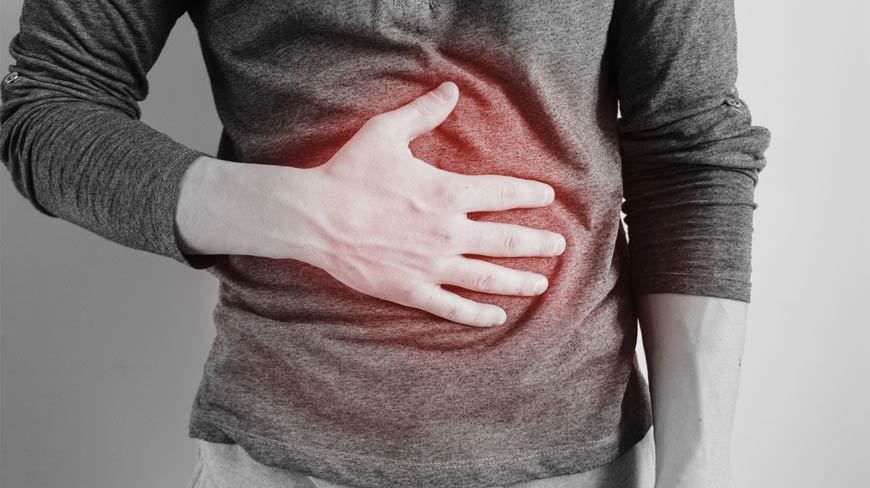If you have not registered with the new gPortal yet please select the Register/Learn More button for instructions on registering.
Please note that your current /old patient portal credentials will become inactive after August 31, 2022, so update your account today to avoid any disruption in accessibility.


